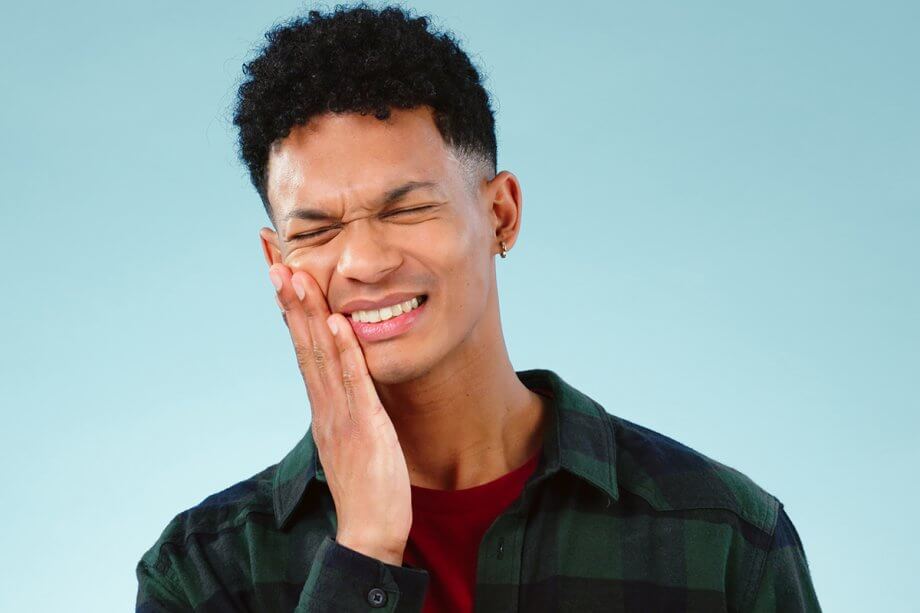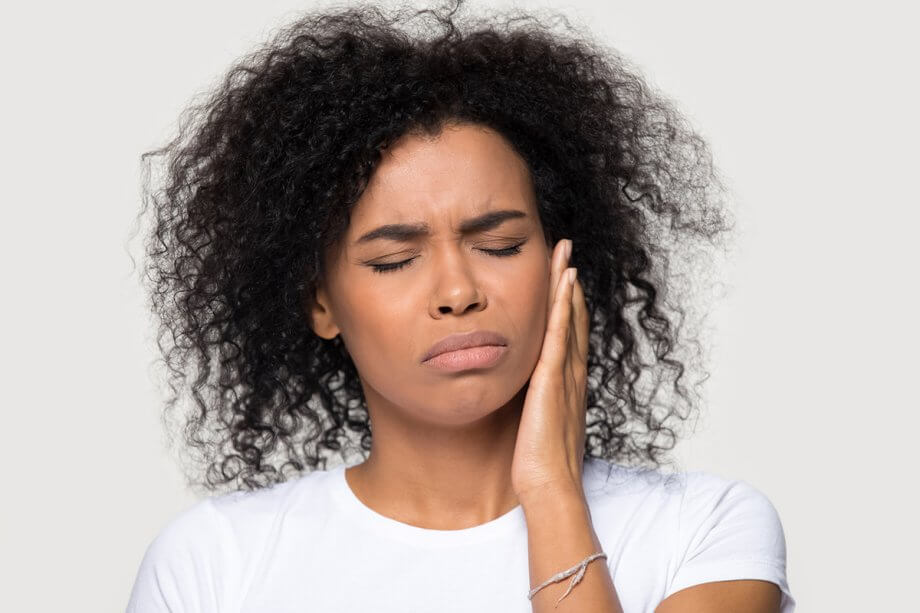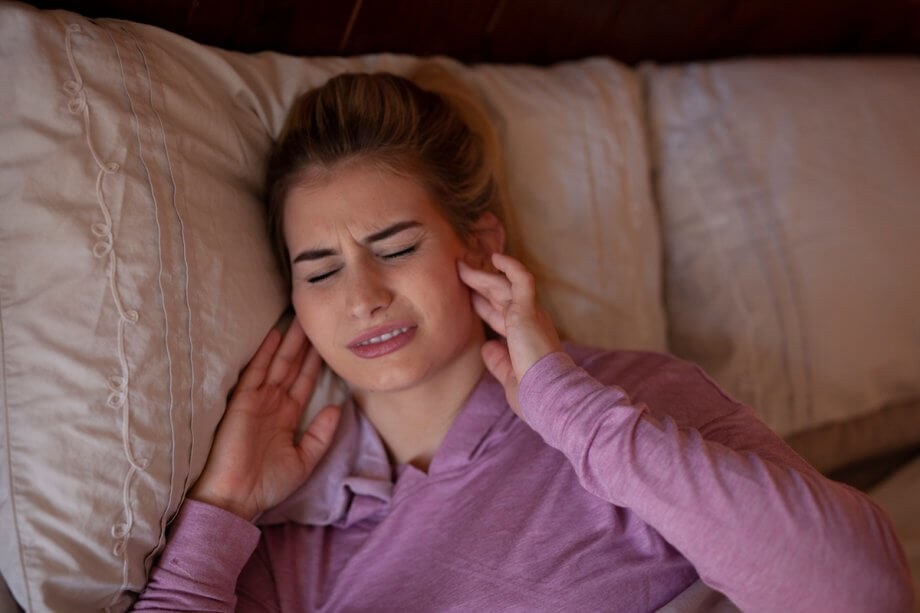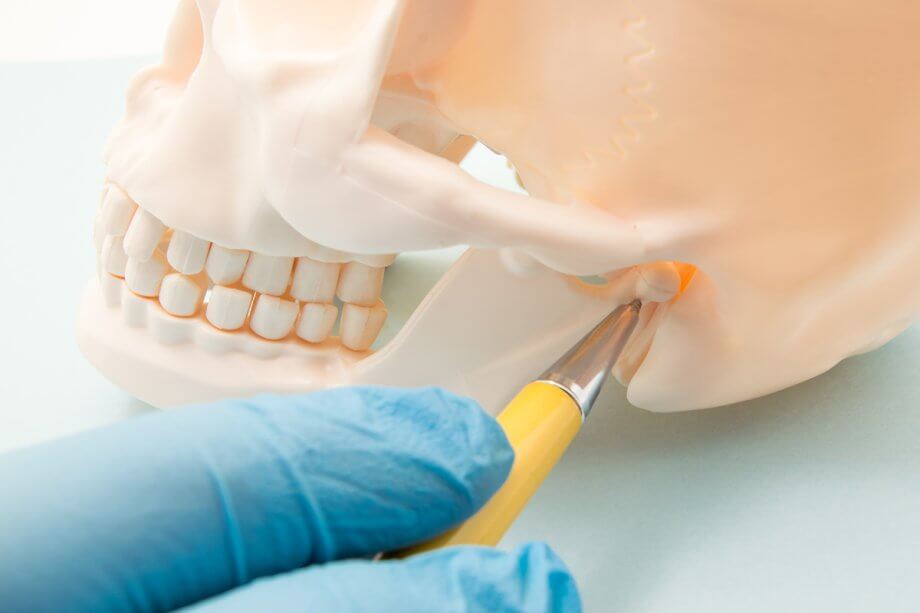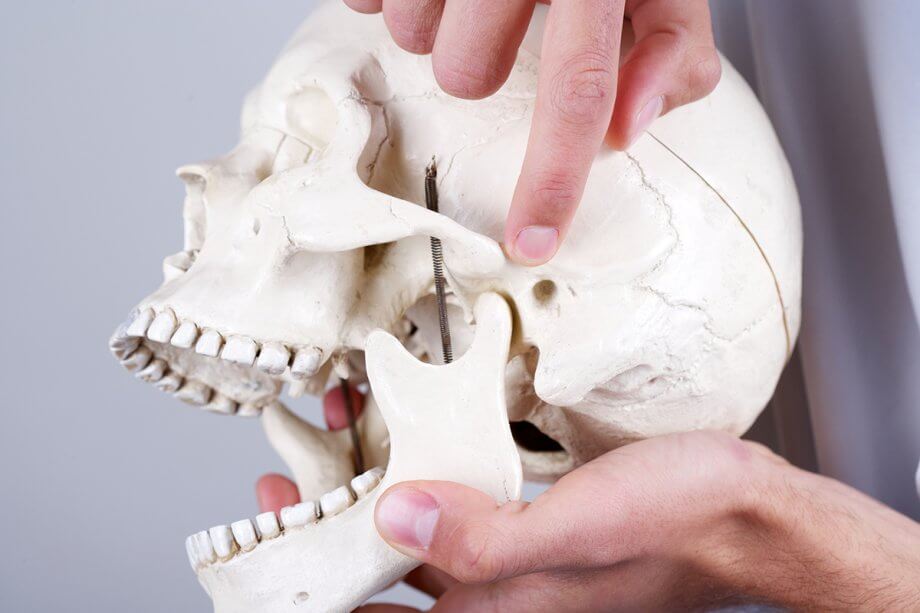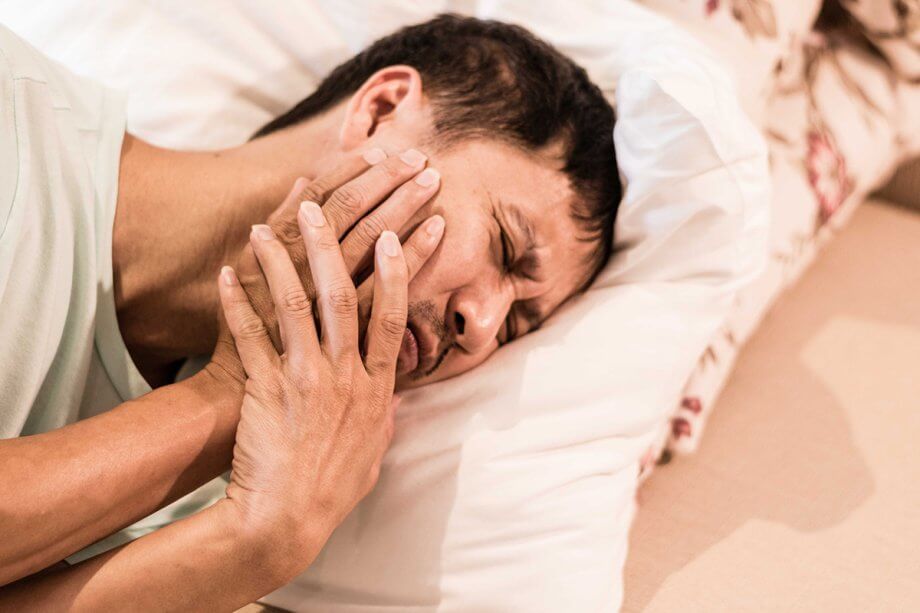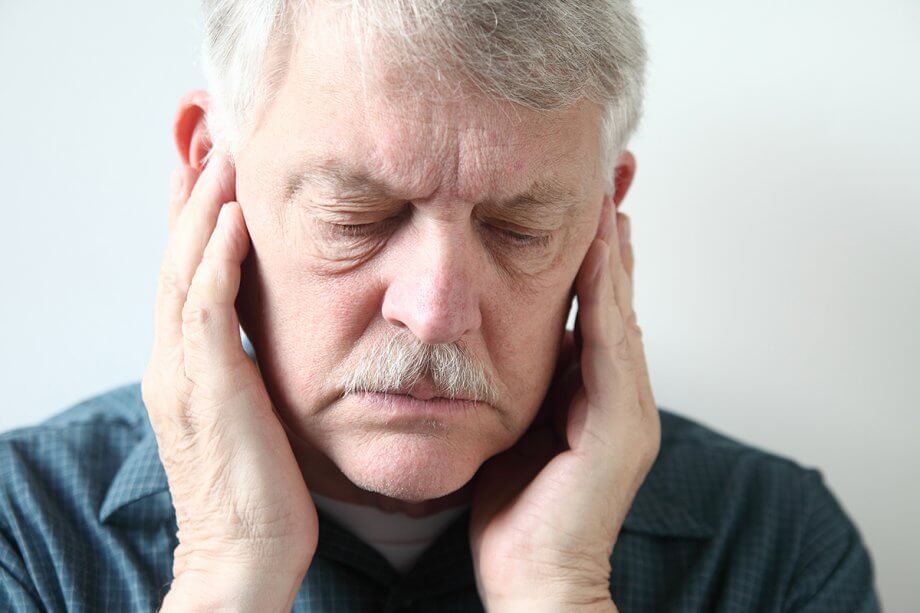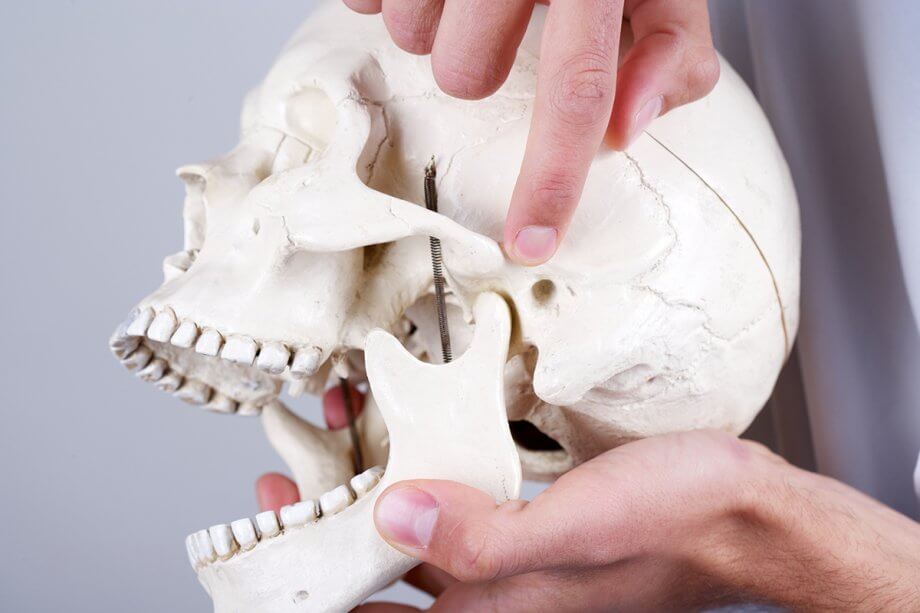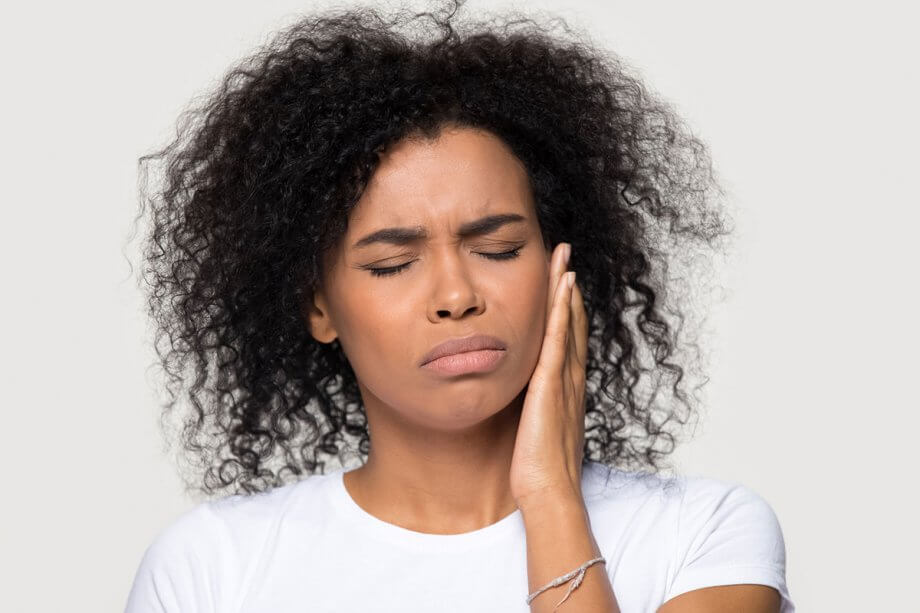If you have ever had pain in your jaw or while chewing, you may have a TMJ disorder that warrants treatment from a dental specialist. The temporomandibular joint, commonly referred to as TMJ, is a …
How Do You Treat TMJ and Can You Cure it Permanently?
TMJ is short for the temporomandibular joint, the joint that connects your lower jaw to your skull. Many people will face disorders of the TMJ that range in degree of severity. But, while the symptoms …
How Do You Relieve TMJ Pain?
Are you experiencing TMJ pain? You will most likely feel it in your jaw or the side of your face in front of your ears or in the temple region of your head. It may …
How Do You Know If You Have TMJ Disorder or Something Else?
Your temporomandibular joint, TMJ for short, is located on either side of your face. This is the joint that attaches the bottom jaw to your skull and allows it to move easily when eating, talking, …
Do I Have TMJ? Common Signs & Symptoms
Connecting your jaw to your skull, your temporomandibular joint (TMJ) plays a huge role in your everyday life. After all, eating, speaking, laughing, smiling, yawning, and more all require the help of this joint. So, …
How Do I Get Pain Relief For My TMJ?
Your temporomandibular joint (TMJ) connects your jaw to your skull and allows you to do things like eat, speak, yawn, and laugh. In fact, any time you move your jaw, it is thanks to the …
Do You Have TMJ Or Something Else?
According to most experts, including the National Institutes of Health, at least 10 million people in the U.S. suffer from disorders of the temporomandibular joint (TMJ). Ranging in severity from annoying clicking sounds in the …
Can TMJ Be Cured?
Do you ever experience jaw pain, headaches, or even earaches? You may be suffering from a condition known as temporomandibular joint (TMJ) disorder. This disorder affects the joints and muscles that control jaw movement and …
How Long Does It Take For TMJ To Go Away?
If you’re experiencing pain, locking, popping, or clicking in your jaw joint, you may wonder how long it will take for your TMJ symptoms to go away. While we’d love to give you a simple …
When Should I See A Dentist For TMJ?
TMJ disorders affect millions of people in America, making it the second most common cause of musculoskeletal pain. While some disorders of the temporomandibular joint may resolve without professional care, the majority of patients who …
How Do You Know If You Have TMJ Or Something Else?
TMJ disorder is a condition affecting the temporomandibular joint, the place where the lower jaw connects to the skull. It is characterized by a variety of symptoms, the most common being pain and limited range …
Why is TMJ So Painful?
TMJ stands for temporomandibular joint. The temporomandibular joint is the small joint located in front of your ears, where the skull and lower jaw meet. This complex joint allows you to move your jaw up …
What Happens if TMJ Is Left Untreated?
It is not uncommon for the intermittent pain that comes with TMJ disorder to be dismissed. It may hurt for a short time, but then life goes back to normal. So how serious can it …
How Do You Know If You Have TMJ Disorder or Something Else?
For some people, TMJ disorder can be tricky to diagnose. One reason is that it can have similar symptoms to other medical conditions. The first step is to understand TMJ disorder and why it happens. …
How Do You Diagnose TMJ?
TMJ is the abbreviation for the Temporomandibular Joint. This joint connects your jaw bone to your skull. The proper function of the TMJ is essential to chewing, speaking, and yawning. When a problem develops in …
What Does TMJ Pain Feel Like?
Individuals who have a problem in their temporomandibular joint may experience a wide range of symptoms, based on the cause and severity of the condition. Mild cases of TMJ disorder may only produce a clicking …
What Is The Best Treatment For TMJ?
TMJ disorder is a condition that stems from your temporomandibular joint (TMJ). This joint is one of the most complex and most used joints in the body. Every time you eat, drink, speak, smile, laugh, …
What Is the Main Cause of TMJ?
The temporomandibular joints, or TMJ, connect the lower jaw to the skull and act as a sliding hinge whenever we open and close our mouths. Most of the time, these joints cause no issues, but …

